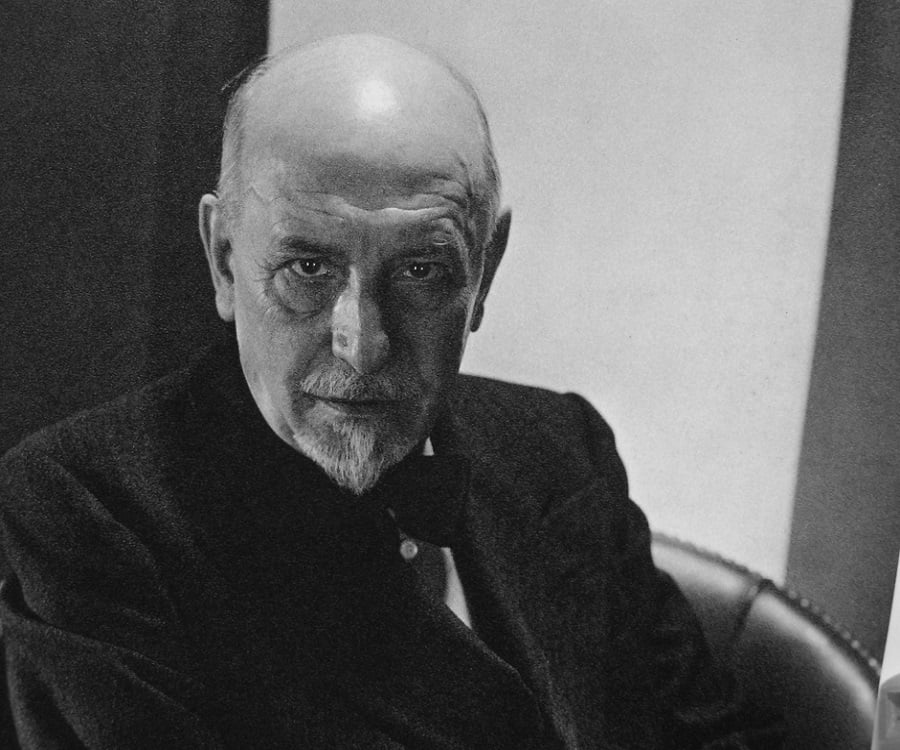Why was Luigi Pirandello Awarded the Nobel Prize for Literature in 1934?
Luigi Pirandello: The Nobel Laureate of Literature in 1934
In 1934, the Nobel Prize for Literature was bestowed upon Luigi Pirandello, an Italian playwright, novelist, and short story writer, in recognition of his profound contributions to the world of literature. Pirandello’s innovative narrative techniques and exploration of the complexities of the human psyche captivated readers and critics alike.

1. Pioneering the Art of Metafiction
Luigi Pirandello was a trailblazer in the realm of metafiction, a narrative technique that involves self-referential elements, blurred lines between fiction and reality, and an exploration of the creative process itself. His most celebrated work, “Six Characters in Search of an Author,” is a prime example of this genre. The play challenged conventional storytelling by presenting characters who are aware of their fictional existence and seek a playwright to complete their narrative. Pirandello’s daring and innovative approach to storytelling expanded the boundaries of literature and earned him international acclaim.
2. Theatrical Brilliance and Dramatic Realism
Pirandello’s influence extended beyond his writing and into the realm of theater. His plays were renowned for their profound psychological insights and dramatic realism. He expertly crafted complex characters struggling with existential dilemmas, reflecting the uncertainties and absurdities of the human condition. Works like “Henry IV” and “The Rules of the Game” explored the themes of identity, illusion, and the elusive nature of truth, leaving audiences captivated by the depth of human emotions portrayed on stage.
3. Unraveling the Masks of Society
Throughout his literary career, Luigi Pirandello displayed a keen interest in the intricacies of social masks and the discrepancy between appearance and reality. His short stories, such as “One, No One, and One Hundred Thousand,” delved into the multifaceted nature of identity and the complex web of self-perception and societal expectations. Pirandello’s exploration of the human psyche and the masks people wear to conform to societal norms provided a thought-provoking reflection on the complexities of human relationships.
4. Shining a Light on the Absurdity of Life
The themes of existentialism and the absurdity of life were recurrent in Pirandello’s works. Through his characters, he dissected the fundamental questions of human existence, often revealing the futility of searching for absolute truths. His ability to convey the absurdities of life and human behavior earned him praise from the existentialist literary movement of the 20th century. Pirandello’s deep philosophical insights into the human condition made his literature resonate with readers across cultures and generations.
Luigi Pirandello’s Nobel Prize win in 1934 celebrated his profound literary contributions, which had a lasting impact on the world of literature and theater. His pioneering use of metafiction, dramatic realism, and exploration of the human psyche showcased a unique and insightful perspective. Pirandello’s works transcended borders and cultural barriers, captivating readers with their exploration of identity, societal masks, and the inherent absurdity of human life. The Nobel Prize recognized his unrivaled ability to navigate the complexities of the human experience, cementing his legacy as one of the most influential literary figures of the 20th century.




